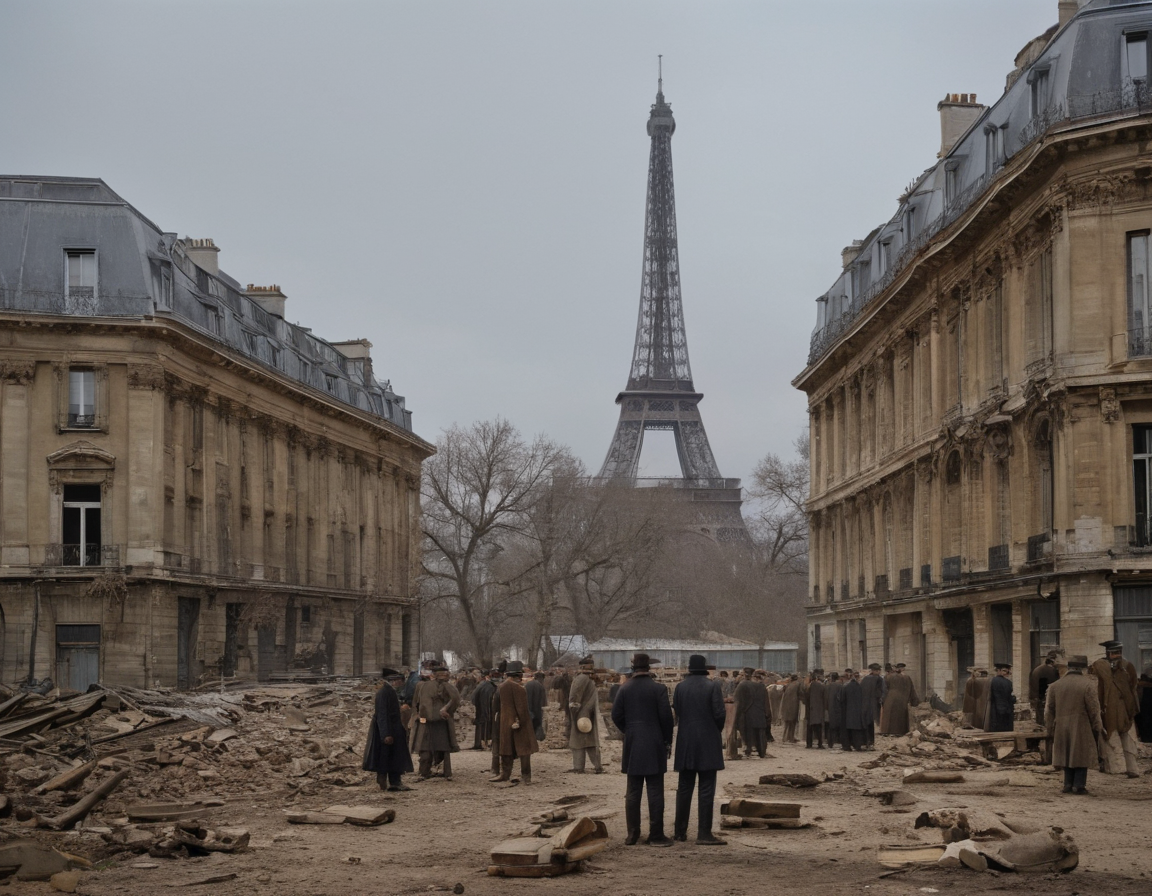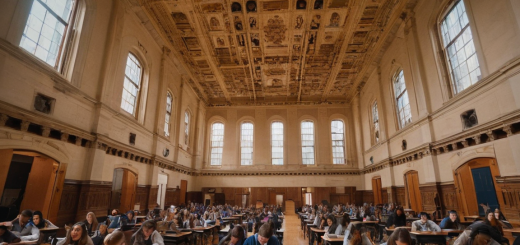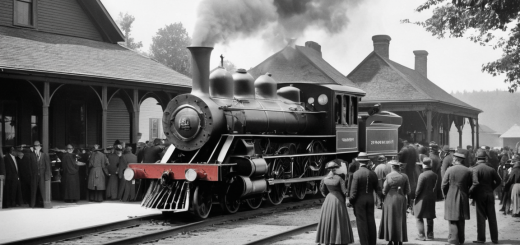Echoes of the Past: Understanding the Paris Bourse Crash of 1882
Unraveling the Paris Bourse Crash of 1882: A Historical Perspective
In the annals of financial history, the Paris Bourse Crash of 1882 stands as a stark reminder of the volatility and unpredictability inherent in financial markets. This dramatic event not only shaped the economic landscape of 19th-century France but also carries lessons with enduring relevance today.
The Backdrop of the Paris Bourse Crash
Before delving into the notorious crash itself, it’s crucial to illuminate the economic environment of Paris in the late 1800s. The period was marked by rapid industrial growth, expansive urbanization, and a burgeoning class of investors eager to capitalize on the era’s opportunities.

What Triggered the Collapse?
The Union Générale bank, helmed by the ambitious Paul Eugène Bontoux, spearheaded an aggressive campaign of speculative investments that ultimately proved unsustainable. When the bubble created by excessive speculation burst, it resulted in a cascading effect that engulfed the Paris Bourse—France’s stock exchange—and sent ripples throughout Europe’s financial systems.

Real-World Impacts and Response
The crash manifested in massive capital loss, with investors witnessing their fortunes vanish overnight. The government’s response, which included stringent regulations and a reevaluation of banking practices, reflected a turning point in French economic policy, emphasizing the need for oversight in financial activities.
Lessons Learned and Their Modern Resonance
While the Paris Bourse crash is a historical event, it echoes through time to underline today’s economic realities. It serves as an early example of the domino effect that financial turmoil can have on a global scale, stressing the need for prudent investment and regulatory vigilance to avert similar crises. In our current financial climate, where markets are increasingly interconnected, the lessons of 1882 remain all too pertinent.
The Future Outlook: Historical Awareness to Prevent Financial Disasters
By studying past financial collapses like the Paris Bourse crash, economists, policymakers, and investors can gain a clearer view of the signs that precede economic downturns, enabling them to craft strategies to mitigate future occurrences. Reflecting on history is not about dwelling on the past; it’s about charting a more stable and secure economic future.
As we observe the intricate ebbs and flows of today’s stock markets, let us not forget the Paris Bourse crash of 1882. Its message is unequivocal—vigilance and informed decision-making are the bedrocks of financial stability.







